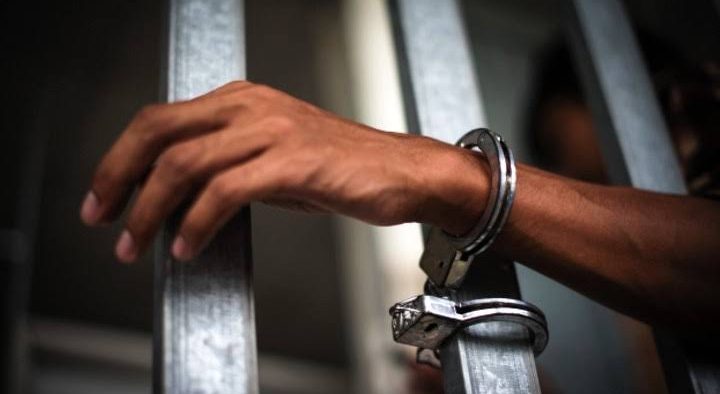Custodial torture, death are threat to justice

THE death of a man in the custody of the Kotwali police in Sylhet once again brings to the fore the worrying pattern of police high-handedness and disregard for law. The family of the deceased has alleged that the man was tortured to death as he could not give Tk 10,000 that the police demanded. The Sylhet Metropolitan Police says that in a preliminary investigation, it has found the allegation to be true and suspended four police personnel and withdrawn three others from the outpost. Besides the Sylhet incident, three other people, two in Dhaka and one in Bagerhat, are reported to have died in police custody in two weeks. According to Ain O Salish Kendra, at least 12 people died in January–September in police custody. Even though the government enacted the Torture and Custodial Death (Prevention) Act 2013 as part of its commitment to the Committee Against Torture, a UN body to which Bangladesh is a signatory, to prohibit torture on or cruel treatment of anyone in law enforcer’s custody and punish perpetrators, custodial torture and death, as experts and activists say, have become a disturbing practice that undermines the rule of law and people’s right to life and justice.
What is also worrying is that most of the incidents of custodial torture go unreported as the victims or their family feel threatened to file cases against errant law enforcers, who appear to enjoy a sort of impunity. Since the enactment of the 2013 act, only 18 cases have been filed against the police and 14 of them had final investigation reports while the remaining cases have never rolled into trial proceedings. In this context, the first-ever verdict given on September 9 in a case of custodial death and an apparently brief respite from police high-handedness after the killing of a retired army major on July 31 appear heartening. But police high-handedness appears to have resumed. Meanwhile, law enforcers in plain clothes arresting the accused are also reported to have continued in violation of court directives. In a recent such incident, the Detective Branch is reported to have picked up two Chhatra Odhikar Parishad leaders, which the agency initially denied, but later acknowledged and produced them before the court of Dhaka Metropolitan magistrate. Two other leaders of the organisation were also allegedly picked up and released later. All this suggests an unabated police high-handedness and a blatant disregard for law.
The government must, therefore, realise that custodial torture and death are a threat to justice. The government should form, as jurists and rights activists have demanded, an independent commission to investigate the crimes committed by members of the law enforcement agencies and hold them to justice. The law enforcement agencies must also comply with the rules and follow the court directives concerned in arresting suspects. Courtesy : New Age











